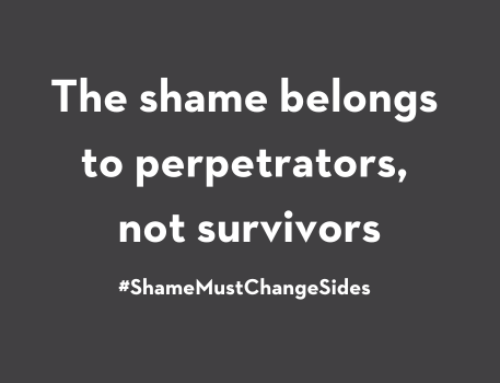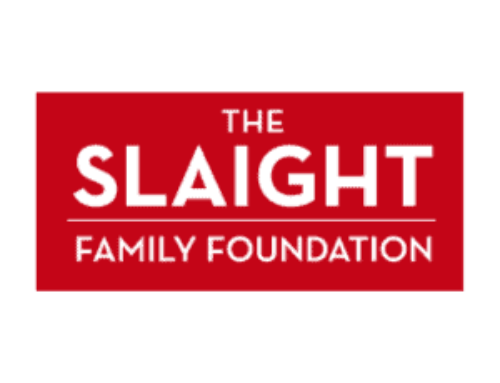
What will it take to end sexual assault? Sexual assault is one of the violent crimes in Canada where we have seen little improvement in the last few years. In a 2014 Statistics Canada report on violent victimization, we can see that the numbers are going down for all violent crimes – murder, battery, physical assault, even domestic violence. But the numbers for sexual assault have stayed the same for over a decade.
A recent survey by Canadian Women’s Foundation found that two thirds of Canadians believe that the majority of women are telling the truth when they say they have been sexually assaulted. This same survey asked why perpetrators commit this crime. People said they thought perpetrators must think that sexual assault is no big deal (61%), that they have the right to the victim’s body (54%) or that they could get away with it (47%).
It’s no big deal
There are many cases of sexual assault and harassment that never get reported, because our society normalizes them. Touching someone’s body without their permission, forced oral touching, or making someone to touch another person are assault. Most women have had these experiences in a bar, in the street, in the gym, in a place of work, by a friend, by a co-worker, by a partner. Unwanted sexual touching and groping is ALWAYS sexual assault. We need to see this, name it and end it.
They have the right
Where does this all start? In school, boys grab girls in the playground. We tell girls so often “it means he likes you”. It might seem cute when they are 5 or 6, but what about when they are 13? What kind of messages are we sending to girls – and to boys – when we treat aggression and assault as normal, romantic behaviour?
As early as we can, we need to talk to kids of all genders about healthy relationships so they understand and can state their boundaries. So they ask permission to hug and kiss friends and family. So they look for the visual clues that someone is OK to get closer to or that someone’s body language is telling them to keep their distance. Kids need to know what abuse looks like and what a healthy relationship looks like.
Getting away with it
We have heard reporting is low because sexual assault is stigmatised, because survivors find it hard to make sense of what happened, because they think they will not be taken seriously or because they do not want to go through a harrowing legal process.
The effects of trauma are only now being understood by the public. Not knowing what you want to do in the next minute, never mind if you are ready to press charges against an attacker, is often beyond what most women can manage after experiencing sexual violence.
Many survivors choose to deal with the assault by themselves, so evidence is never gathered, perhaps for that same reason – the trauma is just too overwhelming. When women trust the legal system, friends, family, their doctor and their HR department to take action, we will be closer to ending sexual assault.
What next?
We need to reform the systems and re-invent our societal consciousness so that sexual assault is not normalized, so that we do not accept rape jokes and online harassment. You might have seen the Ontario government campaign, “Who will you help?” Campaigns like this help us see how we can all stand up to sexual violence in different settings by not being a bystander. We need to change attitudes and behaviour so that sexual assault is not something that we accept or can ignore.
We cannot afford to not talk about sexual assault with young people, who are experiencing it at the highest levels. We shouldn’t allow for the normalization of behaviours that intimidate and silence women. We cannot keep paying for sexual assault through loss of confidence, loss of productivity, absenteeism, depression, anxiety, and trauma.
It is our responsibility as Canadians to stop sexual assault before it happens. It is our responsibility as a society to talk to our young people, to challenge victim blaming, to learn all we can about this crime so that we know how to stop it. I don’t know a Canadian that would disagree that a healthy and safe Canada is a prosperous Canada.
Learn More
- 2/3 of Canadians believe that sexual assault claims are true
- Intimate Justice in the Yukon: A New Approach to Sexualized Violence Prevention
- Campaign Roundup: Finding Shelter from Domestic Violence
- Take the pledge to join GEN1 and help build the first generation free of violence against women and girls.
- Sign up for our e-newsletter to have our latest stories and resources sent to your inbox.
- Follow us on Facebook and Twitter to join a national conversation on ending violence.







